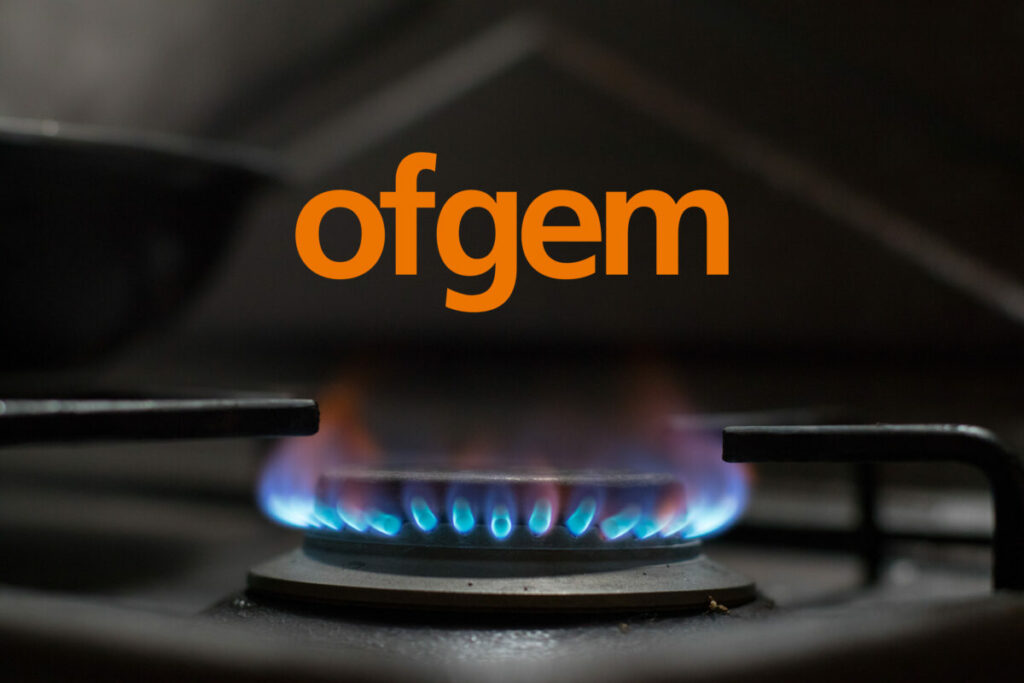Energy supplier fines and reparation payments collected by Ofgem increased by £50.5 million in 2023 compared to the previous year.
According to the regulator, it recovered a total of £77.2 million in fines, customer refunds, compensation and alternative action payments, a significant increase on the £27.3 million collected in 2022.
These funds are recovered by Ofgem when the regulator identifies companies breaching their licencing conditions or when they are found to be failing their customers.
An example of such a breach includes the electricity generator EP SHB Ltd which was found to be securing “excessive profits” at consumer expense and ordered to pay £23.63 million for the transgression in October.
This followed a £9.78 million fine enforced on SSE Generation for obtaining excessive payments from National Grid ESO during transmission constraint in June and a £6.12 million voluntarily paid by Drax Pumped Storage Limited for submitting “excessively expensive” bids to reduce its generation in the Balancing Mechanism in relation to Cruachan Power Station.
Ofgem also required energy firms to pay £13 million in total to customers in 2023 for poor service, including £5 million paid by E.ON Next in June.
“Protecting customers and ensuring that they are treated fairly is at the heart of Ofgem’s mission,” said Cathryn Scott, director for enforcement and emerging issues at Ofgem.
“That’s why we make suppliers pay when they break the rules or fall short of the high standards we set – and when they do, it’s only right that customers should be the ones who benefit.”
According to the regulator, the “vast majority” of payments received from energy companies last year were put into its Energy Redress Fund, which supports charities and community projects helping vulnerable energy customers.
Set up in 2018 and managed by the Energy Saving Trust, the Fund has so far handed out over £102 million in grants across 538 energy-related projects across England, Wales and Scotland, Ofgem said, with a further £35 million to be made available early this year.
Among the 538 projects supported by the Fund is the Warm Hubs centre in Northumberland, which was created in response to rising fuel poverty figures and offers information, advice and access to service, for those struggling to warm their homes.
Scott added: “Every year, the Energy Redress Fund makes a positive difference to the lives of customers across Great Britain, particularly people who are struggling and vulnerable, so to see the fund pass the £100 million mark is a significant milestone.”
Fuel poverty is becoming an ever more pressing issue as bills show little sign of returning to re-energy crisis levels in the near future.
In December Ofgem proposed a one-off default tariff price cap adjustment of £16 to protect consumers from the looming risk of unpayable debt, as the energy regulator revealed that energy debt had reached its highest ever level at almost £3 billion. The issue is set to worsen under the new price cap, which came into force on 1 January 2024 with a £94 (5%) increase from the previous cap. An increase which, according to the charity National Energy Action (NEA) will leave 6.5 million UK households facing fuel poverty.






